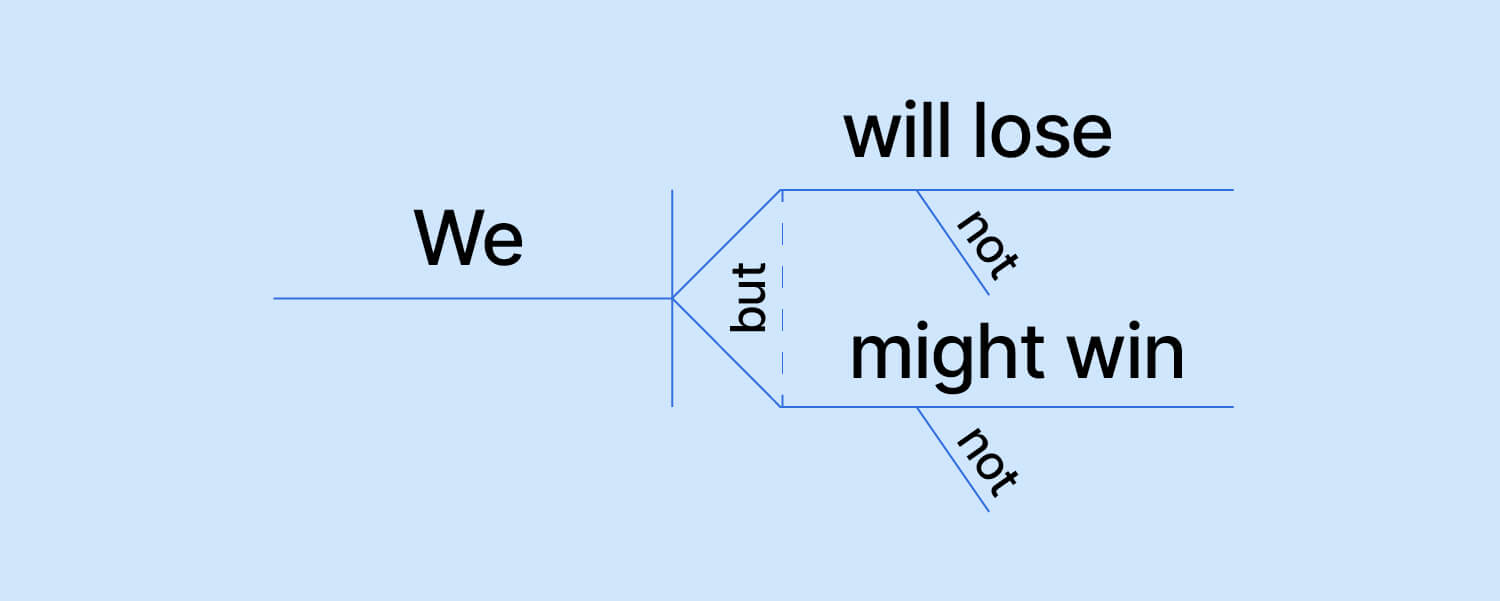Welcome to the Wakefield Doctrine (the theory of clarks, scotts and rogers)
As promised, a continuation of yesterday’s post.
Before we get to that, see that first, uncharacteristically-brief sentence?
(Oh, man! Don’t get us started on diagraming sentencesese! The snow-melty March afternoons spent in English class. ‘Would anyone care to come up to the board and diagram this sentence?’)
That would have been among the first instances where our people began to recognize a potential value to (our) marginal social standing when in the company of ‘real’ people, aka other kids. Unlike like scotts and rogers who would, in this classic situation be: throwing pieces of soft-gum erasers at classmates, hoping to startle them into drawing the teacher’s attention or passing a note to someone insisting that yet another pupil was really gross… respectively. Some of the (small number) of sixth graders who were clarks would look directly towards the front of the class, all alphabet-bordered, black-slate-with-yellow-drifted-chalk-trough and simply not be there. And, such is life, more often than not, the teacher would call on someone else.
The sense of relief at avoiding fear was twinged by a sadness that would take a lifetime for the young Outsider to acknowledge.
….damn! Where were we??!
oh yeah! What about that business of translation, vocabulary and fluency in the context of the value of the Wakefield Doctrine. Will it really allow us to better/more effectively/less clumsily interact with the world around us (and the people who make it up)?
That the Wakefield Doctrine’s system of three personality types is, at first blush*, simply one more perspective on the world is pretty obvious. That there is a logical, accessible and effective method which might be applied to a person’s efforts to self-improve themselves is guaranteed . With a certain amount of imagination and discipline**.
* cool idiom, no? damn! here, this from the opening paragraph:
The verb to blush can be traced back to the Old English ablysian. …usually in glosses of Latin psalters. For instance, there is this tenth century gloss of Psalms 6:11:
ablysigen ł scamien & syn drefed ealle fynd mine syn gecerred on hinder & aswarnien swiþe hredlice ł anunga
(Let all my enemies blush / be ashamed & be troubled, let them be turned back & be confounded very quickly / rapidly)
We did say, damn! did we not? Remind us to continue with this in tomorrow’s post.
** hey, no! not nearly the oil-water combo we’re indoctrinated to believe.
Hey! shout out to Nick for the suggestion (in a sense) of today’s music vids. You should check out his art-stuff1 v taliento!
1) technical art term


 About clarkscottroger
About clarkscottroger
Old English had the -waves on the shores, thyme on the mountains, deer in the forest, crows in the sky- scent.
I loves them etymology sites
Alas, I have lost most of my Old English, I need to get out my old Tyndale New Testament so I don’t lose that and Chaucer in the original, too.
Good perspective, as always.
(funny letter F (or is it S) Here)
lol
what the heck is that elongated cursive ‘f’ that isn’t an f?